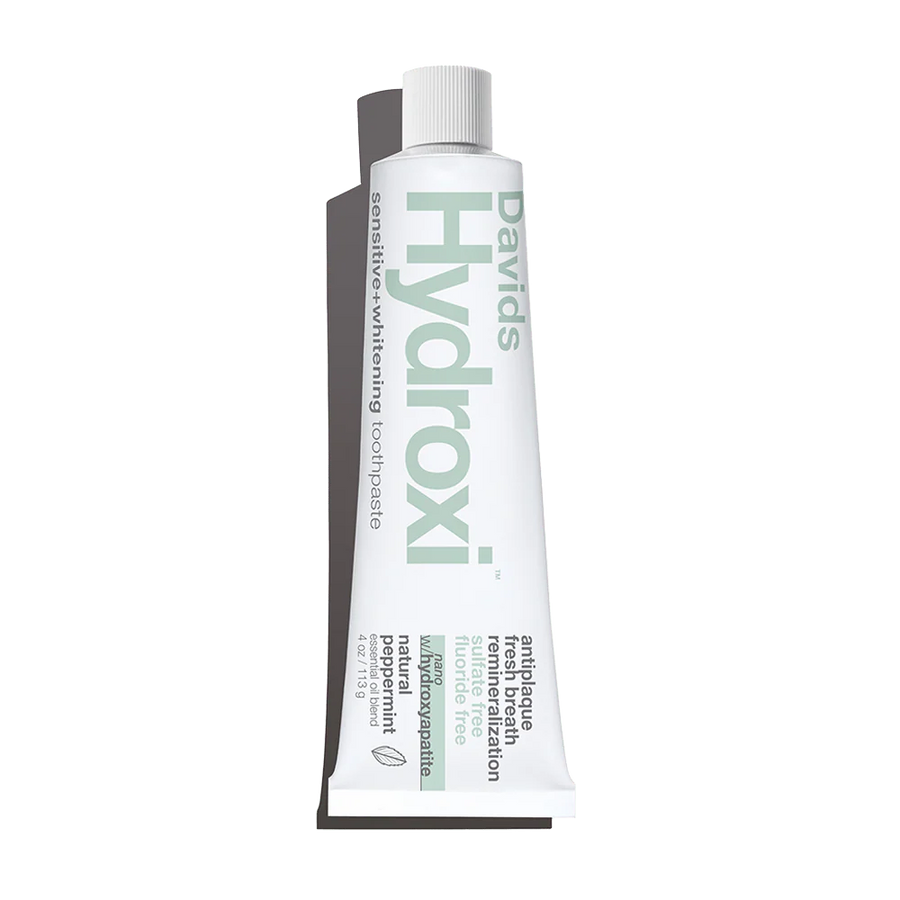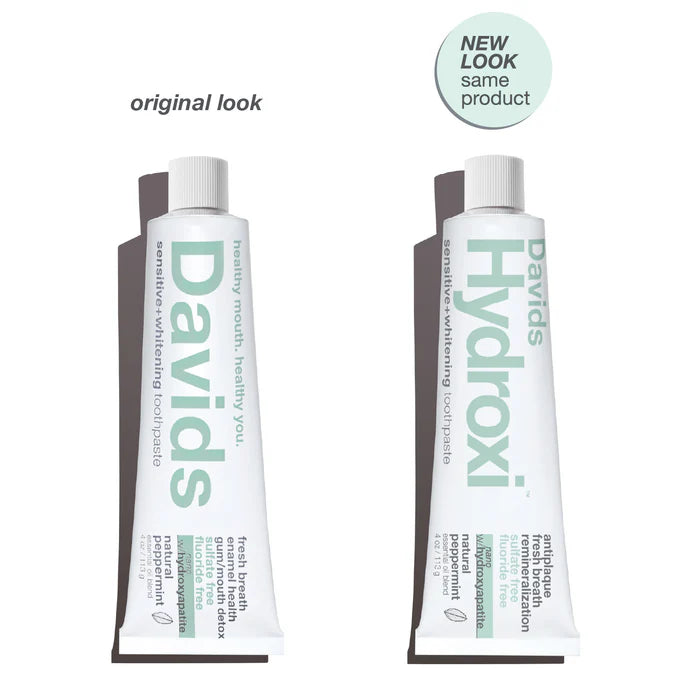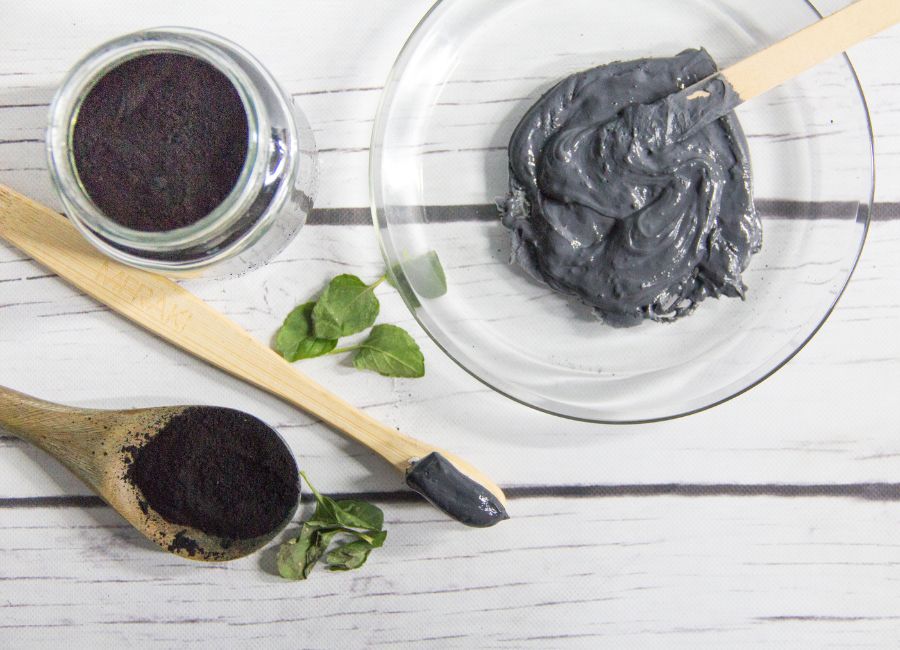Different Types of Toothpaste: A Comprehensive Guide to Your Choices

Toothpaste has come a long way from its primitive origins. Today, walking down the oral care aisle can feel overwhelming, with countless options that cater to virtually every dental need and preference. Understanding the types of toothpaste available is key to making an informed decision for your oral health. Here is a comprehensive guide to support your choice of toothpaste.
Fluoride Toothpaste
Perhaps the most universally recommended, fluoride toothpaste is proven to fight off dental cavities and strengthen tooth enamel. Fluoride replaces lost minerals in your teeth and also inhibits bacterial growth in your mouth. This type of toothpaste is often the go-to choice for anyone without specific oral health problems.
Whitening Toothpaste
These formulations aim to give you a whiter and brighter smile. Whitening toothpaste typically contains chemical agents or mild abrasives to polish the teeth and dissolve or lift stains. While effective to a degree, they won't provide the same results as professional dental whitening treatments.
Sensitive Teeth Toothpaste
Tooth sensitivity is a common concern, often resulting from receding gums or enamel erosion. Toothpaste designed for sensitive teeth usually contains ingredients like potassium nitrate or strontium chloride, which help block the pain associated with sensitive teeth.
Anti-Plaque and Anti-Tartar Toothpaste
This category of toothpaste targets dental plaque and tartar, which can lead to gum disease if left unchecked. These often include active ingredients like pyrophosphates and zinc citrate to inhibit tartar formation, and an antibiotic called triclosan to combat plaque.
Children’s Toothpaste
Toothpaste specifically designed for children typically comes in flavors that are more palatable to kids. They may also contain less fluoride to reduce the risk of dental fluorosis, a condition that causes discoloration or pitting on the teeth if too much fluoride is ingested.
Herbal and Natural Toothpaste
These toothpastes are formulated with natural ingredients such as baking soda, xylitol, and essential oils instead of synthetic chemicals. They appeal to those who prefer a holistic approach to oral care, although they may not provide the same level of protection against cavities as fluoride toothpaste.
Toothpaste for Gum Health
If your gums bleed when you brush or floss, toothpaste that targets gum health could be a good option. Ingredients like stannous fluoride are effective in treating and preventing gingivitis, the earliest stage of gum disease.
Enamel Protection Toothpaste
These are designed to help people who have weakened or thinning tooth enamel, usually due to age or certain medical conditions. They aim to strengthen enamel and protect it from acid erosion and decay.
Smoker’s Toothpaste
Formulated specifically for smokers, these toothpastes are more abrasive than regular toothpaste to help remove the stubborn stains and tartar buildup caused by smoking. However, they can be harsh and are not generally recommended for daily use.
Pet Toothpaste
Yes, there's toothpaste for your furry friends too! Pet toothpaste usually comes in flavors like poultry or beef, and they help to reduce plaque and tartar build-up in your pet’s mouth. Always check with your veterinarian before using pet toothpaste for your pets.
Specialty Toothpaste
Beyond the general categories, there's an array of specialty toothpastes, such as those rich in calcium and phosphate ions to help remineralise teeth, or toothpaste containing arginine which is said to seal off microscopic pathways through your teeth, blocking the cause of sensitivity.
Desensitising and Prescription Toothpaste
Some oral conditions require more potent formulations, such as high-fluoride toothpaste, which are only available via a dentist's prescription. There are also desensitising toothpaste options that a dentist may recommend following certain dental procedures.
The Quest for the Perfect Toothpaste
Given this abundance of choices, it can be daunting to find the ideal toothpaste that suits your needs. When selecting a toothpaste, it's important to consider your specific oral health conditions, consult your dentist for recommendations, and perhaps even try a few different types to see which one works best for you.
In essence, the toothpaste universe is incredibly diverse, reflecting the evolving science of oral health. Whether you're looking for cavity protection, a whiter smile, or a natural alternative, there's likely a toothpaste out there just for you.









